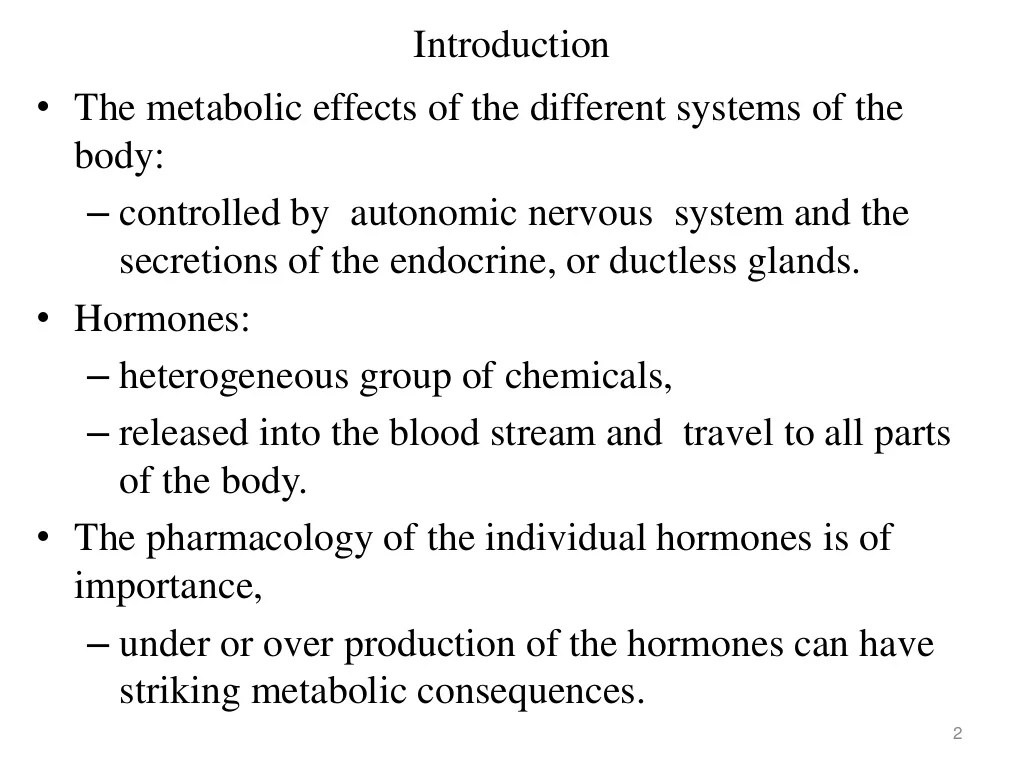Pharmacology made easy 4.0 endocrine system – Embark on a comprehensive journey through the intricacies of the endocrine system with Pharmacology Made Easy 4.0. This meticulously crafted guide unveils the mechanisms of hormone regulation, explores the functions of major endocrine glands, and delves into the clinical applications of pharmacology in treating endocrine disorders.
Prepare to unravel the complexities of this fascinating system and gain a deeper understanding of its role in maintaining homeostasis.
1. Introduction

Pharmacology of the endocrine system encompasses the study of drugs that affect the endocrine system, which plays a pivotal role in regulating various bodily functions. The endocrine system comprises glands that secrete hormones, chemical messengers that travel through the bloodstream to target cells and tissues.
2. Hormone Regulation
Hormones are classified into various types based on their chemical structure and mechanism of action. They can be proteins, peptides, steroids, or amines. Hormones exert their effects by binding to specific receptors on target cells, triggering intracellular signaling pathways that lead to specific physiological responses.
Feedback loops are crucial in hormone regulation. Negative feedback loops maintain hormone levels within a narrow range. When hormone levels rise, the loop triggers mechanisms to decrease hormone secretion. Conversely, positive feedback loops amplify hormone secretion, leading to a surge in hormone levels.
3. Endocrine Glands
The major endocrine glands include the pituitary gland, thyroid gland, parathyroid glands, adrenal glands, and pancreas. Each gland secretes specific hormones that regulate a wide range of physiological processes, such as growth, metabolism, reproduction, and stress response.
The pituitary gland is often referred to as the “master gland” as it controls the activity of other endocrine glands. The thyroid gland secretes hormones that regulate metabolism and growth. The parathyroid glands regulate calcium homeostasis, while the adrenal glands secrete hormones involved in stress response and blood pressure regulation.
The pancreas secretes insulin and glucagon, hormones that regulate blood glucose levels.
4. Clinical Applications, Pharmacology made easy 4.0 endocrine system
Pharmacology plays a significant role in treating endocrine disorders. Hormone replacement therapy involves administering hormones to compensate for deficiencies or imbalances. For example, insulin is used to treat diabetes mellitus, while thyroid hormone replacement is used for hypothyroidism.
Other pharmacological interventions include drugs that stimulate or inhibit hormone secretion. For example, dopamine agonists are used to treat prolactinomas, while somatostatin analogs are used to treat acromegaly.
5. Research and Future Directions
Research in the field of pharmacology of the endocrine system is constantly evolving. New drugs and therapies are being developed to improve the treatment of endocrine disorders. Ongoing research focuses on understanding the molecular mechanisms of hormone action and developing more targeted and effective therapies.
Future directions in the field include the development of personalized medicine approaches, where treatment plans are tailored to individual patient characteristics and genetic profiles. Additionally, there is increasing interest in the use of stem cells to regenerate damaged endocrine tissues.
FAQ Overview: Pharmacology Made Easy 4.0 Endocrine System
What is the primary function of the endocrine system?
The endocrine system is responsible for coordinating and regulating various bodily functions through the production and secretion of hormones.
How do hormones exert their effects on target cells?
Hormones bind to specific receptors on target cells, triggering intracellular signaling cascades that lead to physiological responses.
What is the significance of feedback loops in hormone regulation?
Feedback loops ensure that hormone levels are tightly controlled within a narrow range, preventing over- or under-secretion.


